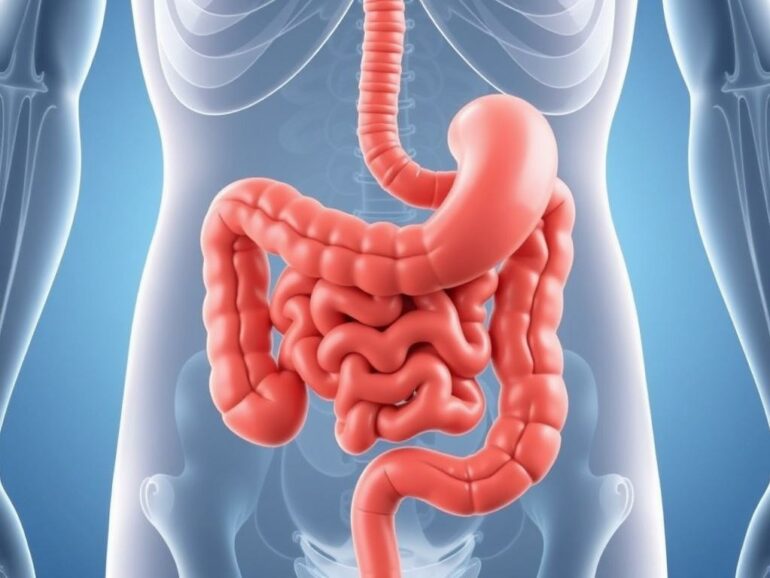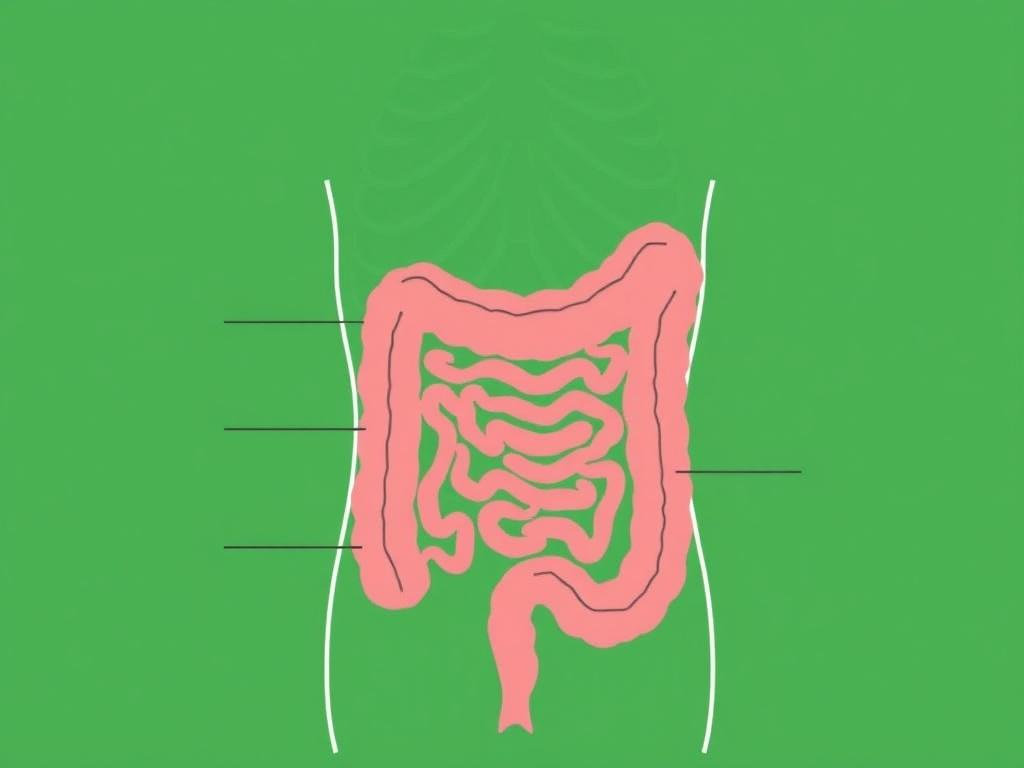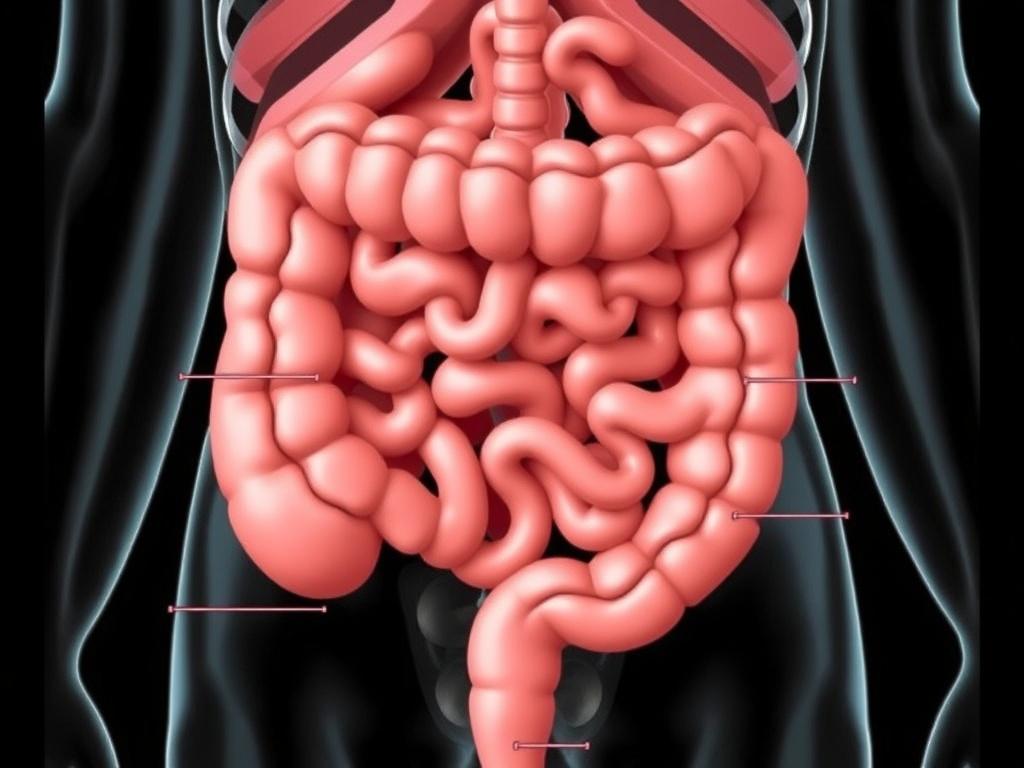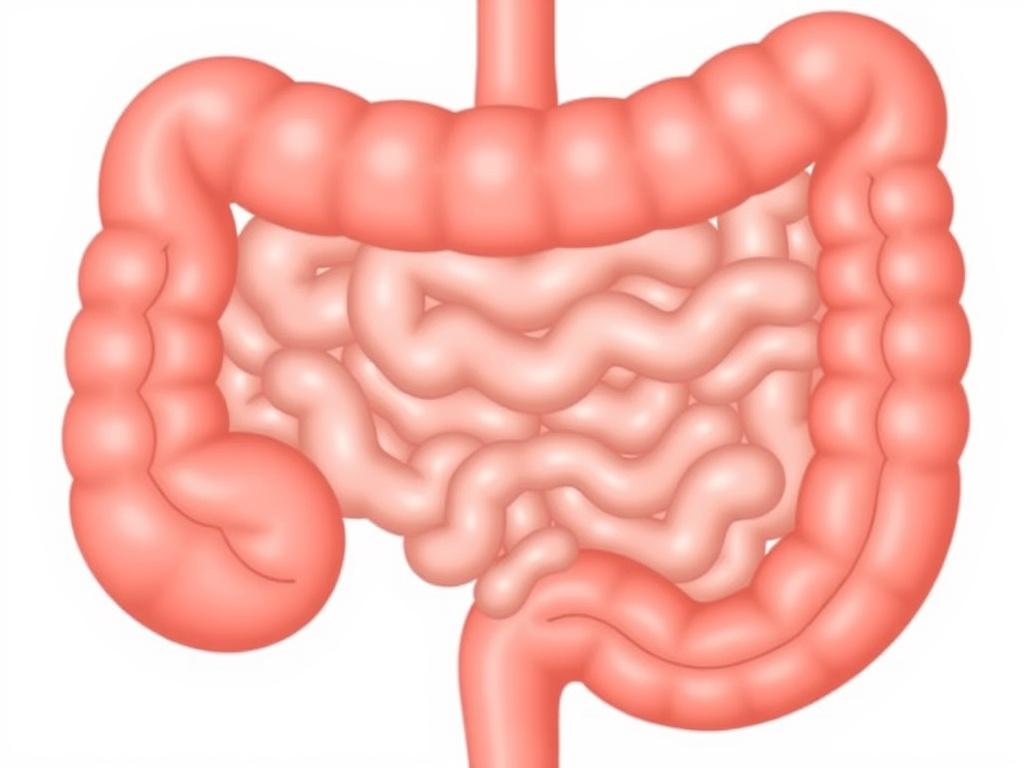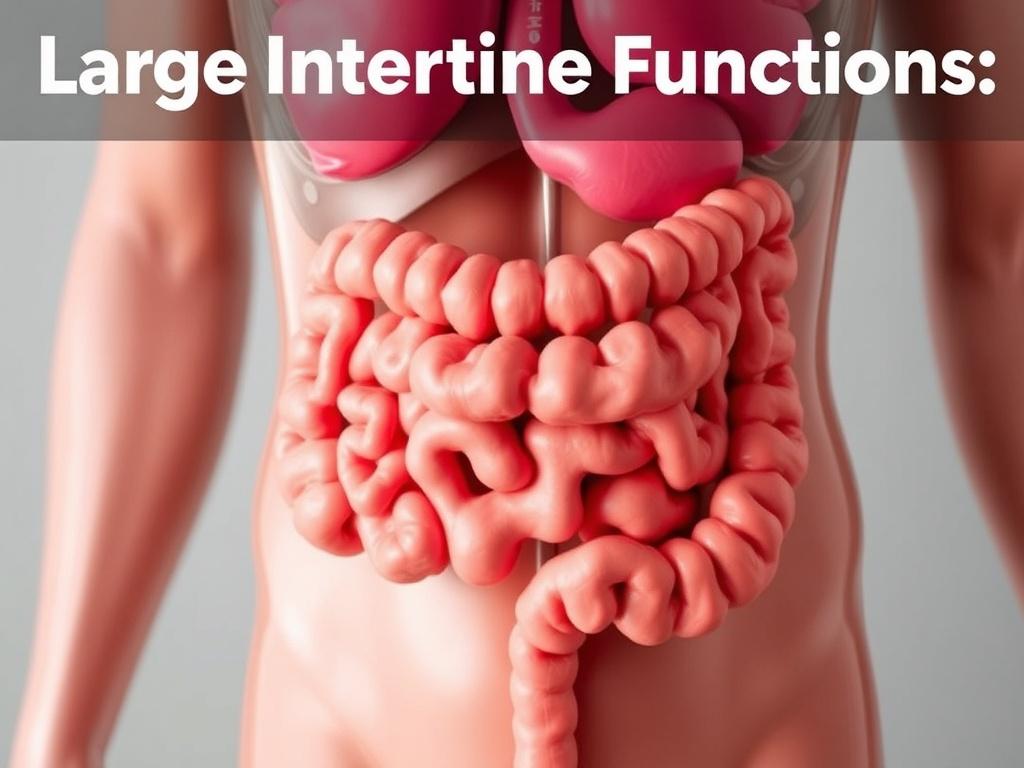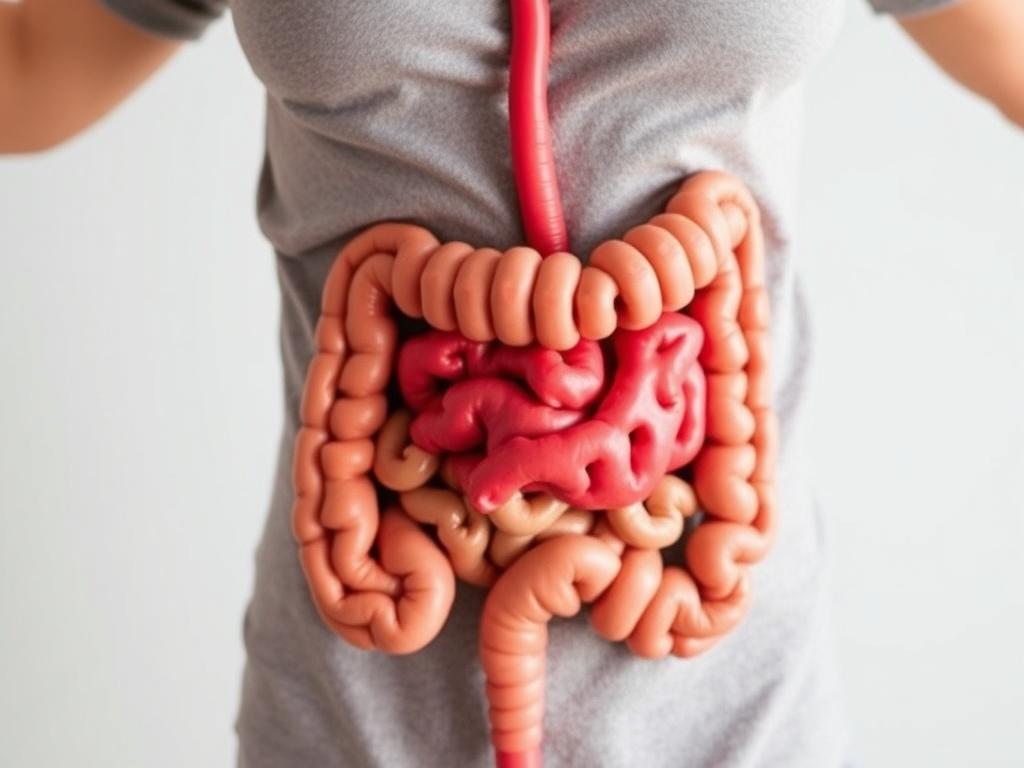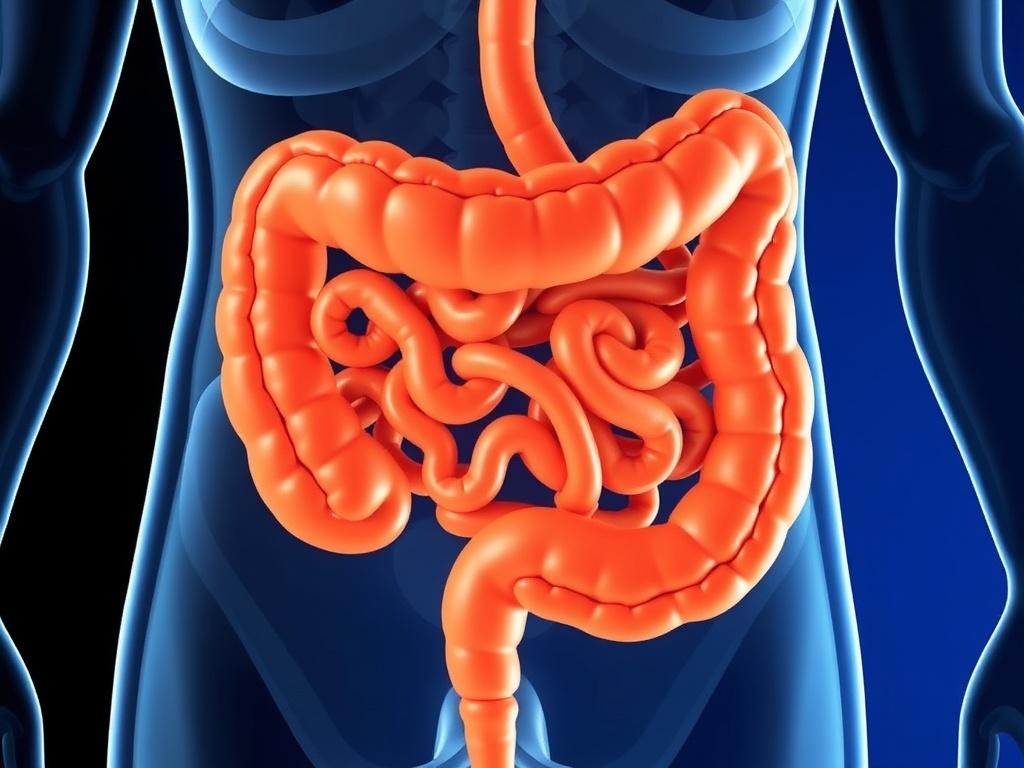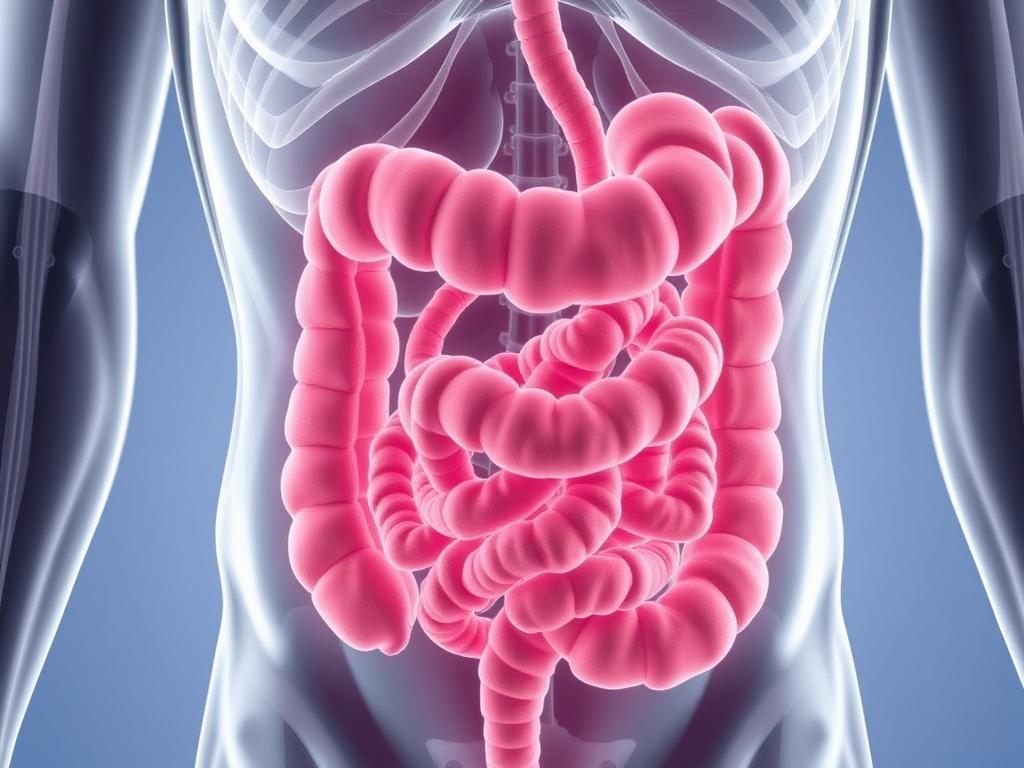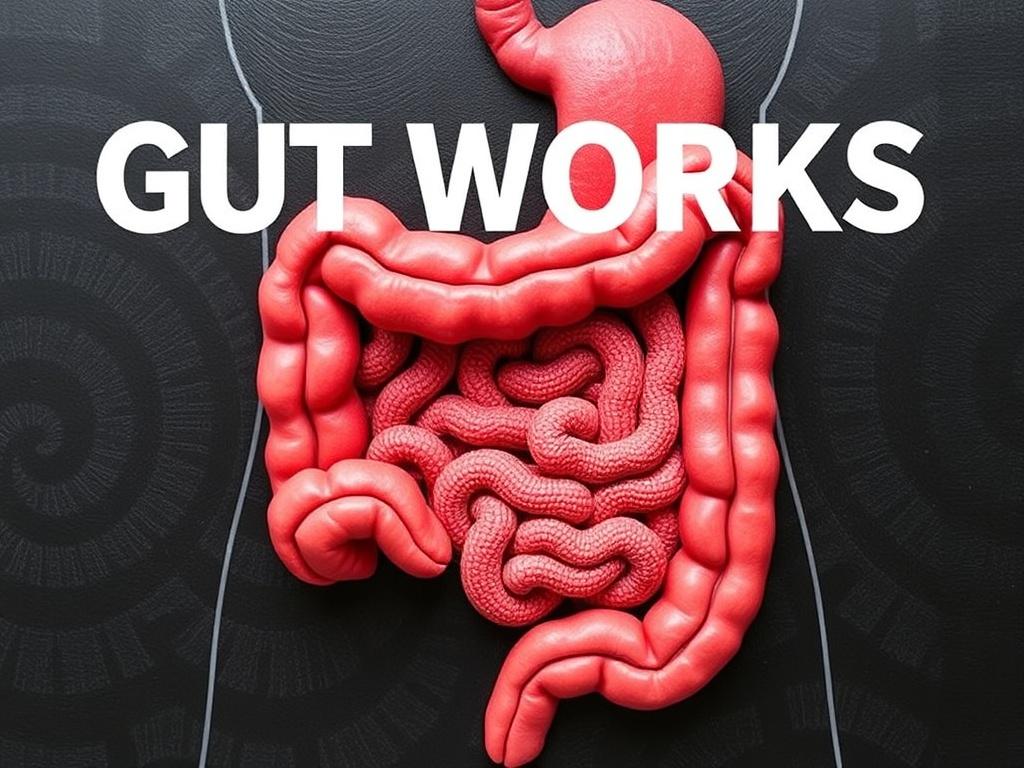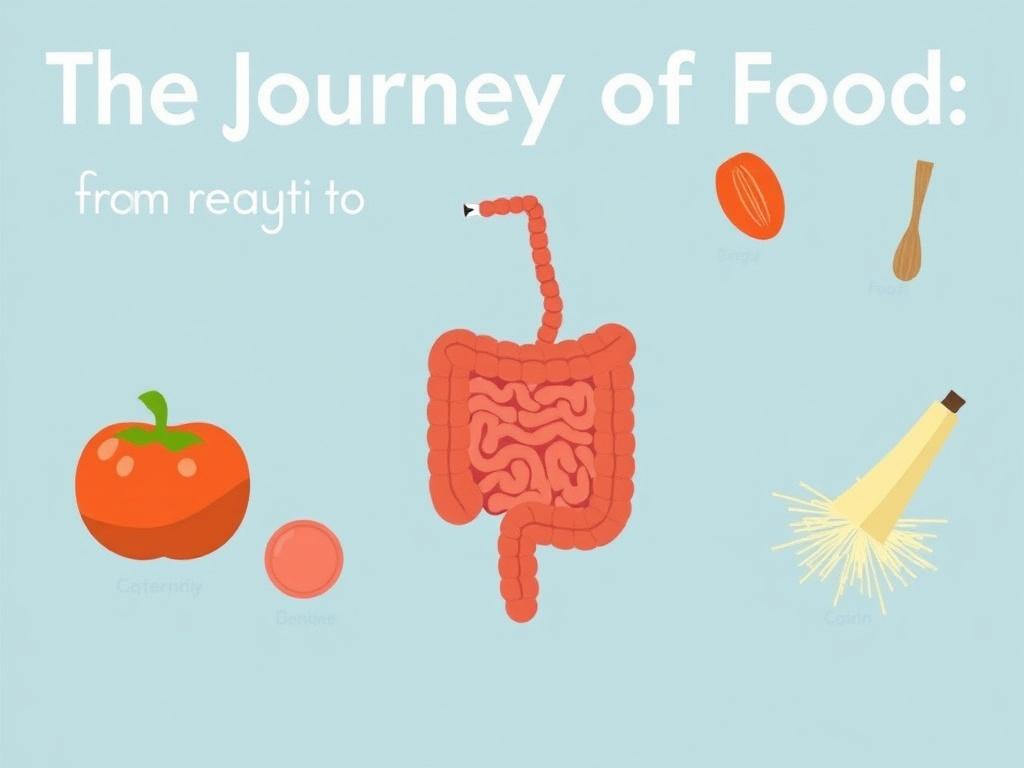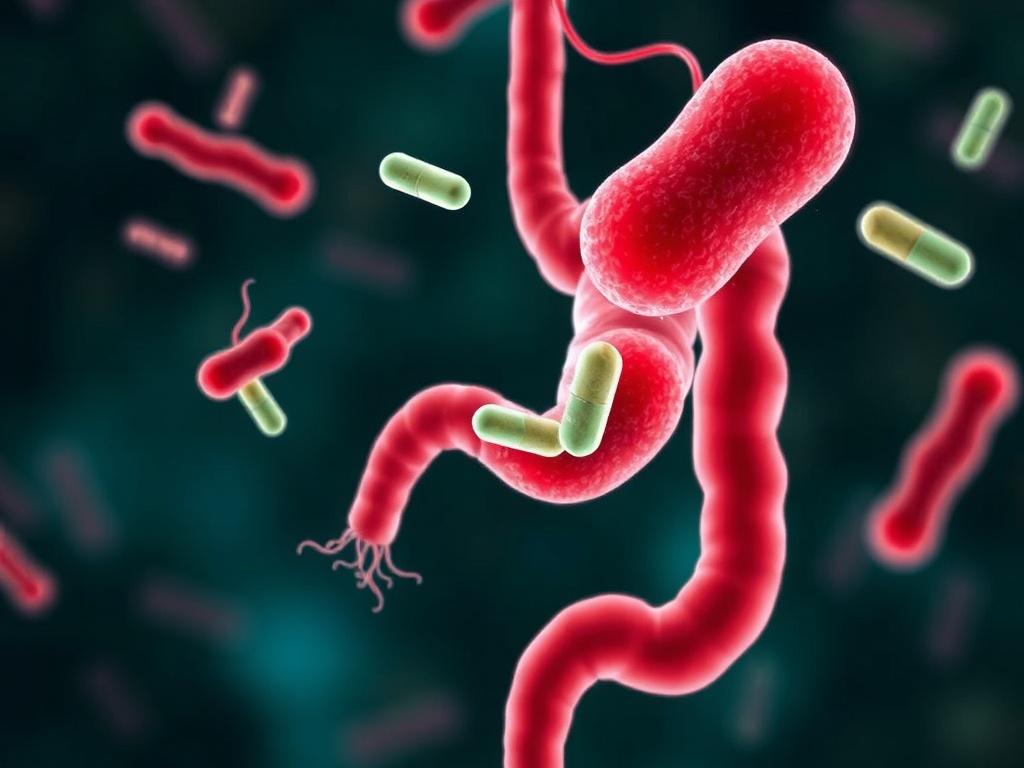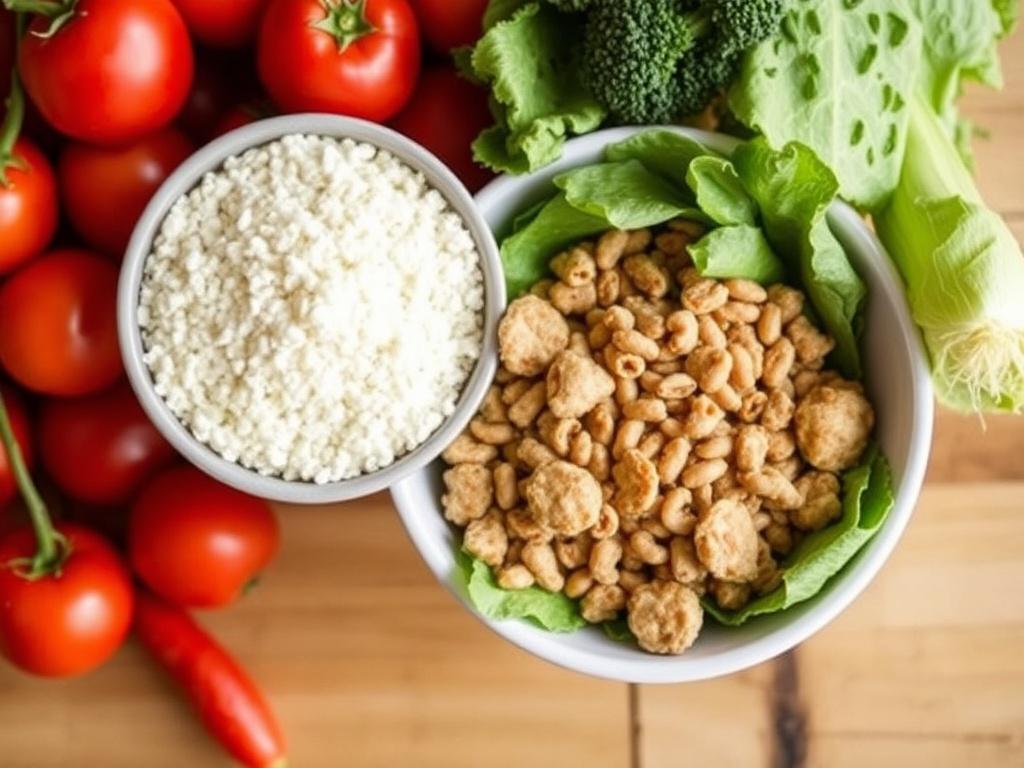The large intestine often gets overlooked when people think about digestion. Most of us naturally associate this part of our body with just one role—removing waste. However, the large intestine functions extend far beyond that simple task. In fact, this remarkable organ plays multiple essential roles in maintaining our overall health and well-being, many of which may surprise you. Understanding these functions not only deepens our appreciation of how our bodies work but also offers insights into how to care for this vital part of our digestive system.
The Anatomy of the Large Intestine: Setting the Stage
Before exploring the large intestine functions, it’s important to understand its structure. The large intestine is the final segment of the digestive tract, measuring about 1.5 meters in length. It consists of several parts: the cecum, colon (which has ascending, transverse, descending, and sigmoid segments), rectum, and anal canal. Each of these sections plays a role within the broader functions of the large intestine.
While the small intestine absorbs most nutrients, the large intestine is mostly responsible for processing indigestible food residues. From here, it reclaims water and electrolytes, forms stool, and hosts trillions of gut bacteria that assist in various metabolic and immune processes.
Key Sections of the Large Intestine
| Section | Primary Role | Unique Features |
|---|---|---|
| Cecum | Receives chyme from the small intestine | Contains the appendix, a site for immune activity |
| Colon | Absorbs water, electrolytes; stores and processes stool | Divided into ascending, transverse, descending, sigmoid |
| Rectum | Stores fecal matter before elimination | Connects colon to anal canal |
| Anal Canal | Controls defecation process | Contains sphincter muscles |
More Than Just Waste Removal: The Multifaceted Functions of the Large Intestine
It’s easy to think of the large intestine as a simple passageway for waste, but it is much more dynamic and vital. Here are some of the main large intestine functions that highlight its importance:
Water and Electrolyte Absorption
One of the primary roles of the large intestine functions is to absorb water and important electrolytes like sodium and potassium from the indigestible food residue. After the small intestine takes most of the nutrients, what remains is a watery, semi-liquid mass called chyme. The large intestine methodically extracts water, gradually converting chyme into solid feces. This process is crucial because it helps maintain the body’s fluid balance—a vital homeostatic function. Without this, we risk dehydration and electrolyte imbalances, which can lead to serious health conditions.
Formation and Storage of Feces
After absorbing water, the large intestine compacts the waste into feces, the solid matter that will eventually be expelled. This stool contains not only undigested food but also dead cells, mucus, and bacteria. The colon stores feces temporarily and signals when it’s time for elimination, thanks to sensory nerves in the rectum. This storage capacity allows us to control when and where we relieve ourselves rather than having to go continuously as waste forms.
Synthesis and Absorption of Vitamins
An often overlooked function is the large intestine’s role in vitamin synthesis. The gut microbiota—trillions of bacteria residing in the large intestine—ferment certain carbohydrates, producing vitamins like vitamin K and some B vitamins as byproducts. These vitamins are then absorbed into the bloodstream through the intestinal walls. Without this process, humans would require external supplementation or dietary intake of these vitamins in higher quantities.
Gut Microbiota: The Ecosystem Within
Speaking of bacteria, the large intestine is a thriving ecosystem of microbes, often called the gut microbiota. These microorganisms perform several significant large intestine functions, such as:
- Breaking down complex carbohydrates and fibers that humans can’t digest.
- Producing short-chain fatty acids, which nourish colon cells and have anti-inflammatory effects.
- Competing with and suppressing harmful pathogens, thus supporting immune health.
- Influencing metabolism and even mood regulation through the gut-brain axis.
This symbiotic relationship between us and our gut flora is a crucial component of health, highlighting that the large intestine is more than just a passive tube.
The Large Intestine and Immune Functions
The large intestine also plays an active role in immunity, serving as a frontline defense mechanism. The gut-associated lymphoid tissue (GALT) and the mucus layer lining the large intestine help prevent pathogenic bacteria and viruses from invading the bloodstream and tissues.
Additionally, immune cells interact regularly with gut microbiota, helping to educate the immune system to distinguish between harmful invaders and beneficial microbes. This dynamic helps explain why disruptions in the large intestine, such as in inflammatory bowel disease (IBD), can lead to systemic immune problems.
Mucus Production
One more subtle large intestine function is mucus production. Mucus serves as a lubricant, making the passage of feces smoother and protecting the intestinal lining from abrasion. It also acts as a barrier to prevent microbes and toxins from penetrating the intestinal walls. Goblet cells within the large intestine are responsible for secreting this important mucus.
How the Large Intestine Functions Affect Overall Health
Given its many roles—from water absorption to immune function—the health of the large intestine directly impacts our well-being. Disorders of the large intestine can lead to dehydration, nutrient deficiencies, and systemic health issues.
For example, improper water absorption may cause diarrhea, which can quickly deplete fluids and electrolytes, or constipation if absorption is too efficient or if muscle movements are impaired. Imbalances in gut bacteria, known as dysbiosis, have been linked to conditions ranging from obesity and diabetes to mental health issues like anxiety and depression.
Common Medical Conditions Affecting the Large Intestine
| Condition | Description | Effect on Large Intestine Functions |
|---|---|---|
| Irritable Bowel Syndrome (IBS) | Functional disorder causing abdominal pain, altered bowel habits | Disrupts stool formation and motility |
| Inflammatory Bowel Disease (IBD) | Chronic inflammation (Crohn’s disease, ulcerative colitis) | Damages intestinal lining, disrupting absorption and immune function |
| Colon Cancer | Malignant growths in the colon | Interferes with normal large intestine functions, may cause obstruction |
| Constipation | Difficulty passing stool | Impaired motility or water imbalance |
Maintaining a Healthy Large Intestine: Tips and Tricks
Because the large intestine functions affect so many aspects of health, caring for this organ is essential. Here are some practical ways to support its performance:
Eat a Fiber-Rich Diet
Dietary fiber serves as fuel for beneficial gut bacteria and helps regulate bowel movements. Soluble fiber can help soften stools, while insoluble fiber adds bulk, aiding movement. Foods like fruits, vegetables, whole grains, and legumes are excellent choices.
Stay Hydrated
Adequate water intake ensures that the large intestine can properly reabsorb fluids and form healthy stool. Dehydration can lead to hard, difficult-to-pass stool.
Exercise Regularly
Physical activity promotes intestinal motility, preventing constipation and supporting overall digestive health.
Limit Processed Foods and Excessive Sugar
Highly processed foods can disrupt gut bacteria balance and promote inflammation, interfering with large intestine functions like immune regulation and vitamin synthesis.
The Future of Large Intestine Research
Scientists are continuously exploring how the large intestine functions integrate with other body systems. Advances in microbiome research have opened new treatment avenues, such as probiotics, prebiotics, and even fecal microbiota transplants to restore gut health. Understanding this organ’s complexity helps drive innovations in managing digestive disorders and improving overall wellness.
Emerging Therapies
- Microbiome modulation: Targeting gut bacteria to treat obesity, diabetes, and autoimmune diseases.
- Personalized nutrition: Tailoring diets based on individual microbiome profiles to optimize large intestine functions.
- Biological drugs: Designed to reduce inflammation in diseases like Crohn’s and ulcerative colitis.
Conclusion
0
The large intestine is much more than a mere waste disposal system; it is a vital organ with multiple, essential functions that support hydration, nutrition, immunity, and even mental health. Its ability to absorb water and electrolytes, form and store feces, synthesize vitamins, and host a vibrant community of gut bacteria underscores its complexity. Taking care of the large intestine functions through mindful diet, hydration, exercise, and lifestyle choices can profoundly impact overall health. Recognizing its importance not only helps us maintain digestive wellness but opens doors to new therapies that harness the power of this incredible organ. So next time you think about the large intestine, remember—it’s a sophisticated, multifunctional organ deserving your attention and care.
Читайте далее: